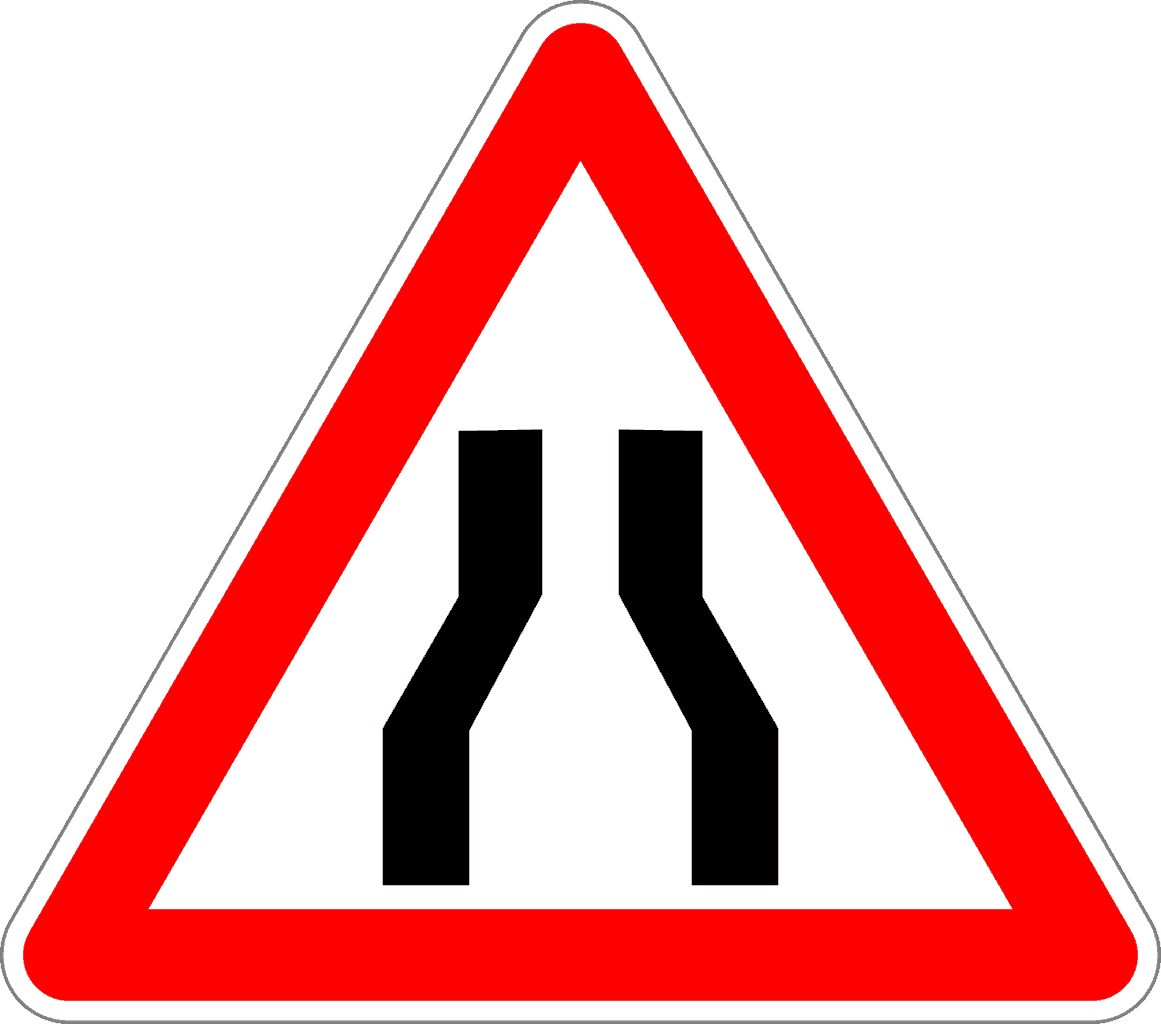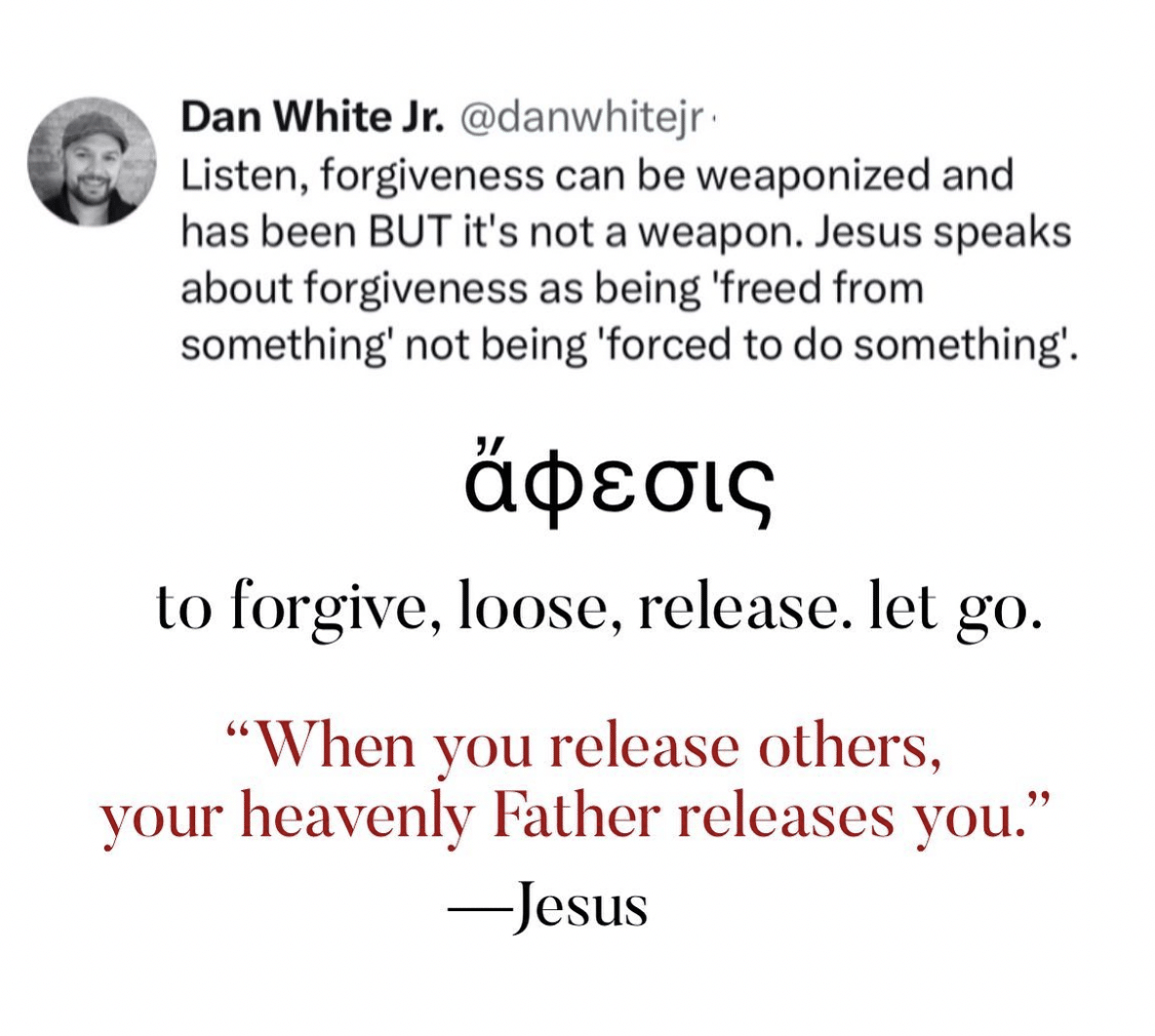Q & R: “Narrow Way, Narrow Gate” Brad Jersak

Q: If Christ has made possible the salvation of all, why does he say “the gate is narrow and few will find it?”
R: Context is so important!
Take a moment to ask yourself in which context you first heard this message. Whenever I have heard these words, composed by Jesus Christ himself, almost without exception, they were embedded in the context of an evangelistic sermon describing the way of salvation that leads to eternal life. In contrast, the way of destruction was identified as the road to hell. In that context, Jesus’ warning sounds unequivocal: 1. Only Christians go to heaven; 2. very few will become Christians; 3. therefore, only a very few will go to heaven. The majority will choose the wide road that leads to destruction and eternal damnation. Ominous. In fact, in the context of evangelistic preaching, Jesus prophesies hell for most of the world and the elect will be only a small remnant who survive.
Unfortunately, the preachers who proclaimed this gospel had smuggled Christ’s words into a new context, altogether foreign to the sermon in which it was first preached. In its original context, the Sermon on the Mount, Jesus himself explicitly defines both the roads (two ways of life) and gates (two outcomes).
The narrow road is Jesus’ distillation of the entire law and the prophets—their essential teaching. And Jesus says so. How does he summarize the law and the prophets? What is this “narrow way”? “Treat others as you want to be treated.” That’s right: the narrow way of the law and the prophets—the Way he adopts and adapts as the Jesus Way—is, according to Jesus, none other than the Golden Rule!
The narrow gate is the outcome of walking the narrow way or Jesus Way. And what is that outcome? It’s not heaven. Not in this context. Jesus says, “The narrow way leads to LIFE.” Don’t upload your eschatology in that word. Jesus’ abundant life starts now for those who want to live his way.
The broad road indicates the road most people choose: the road of selfishness and self-centeredness. Instead of treating others as we’d like to be treated, most people are obsessed with their own welfare—looking out for number one!
The wide gate is the ironic outcome of that broad way of self-seeking. What is the consequence of a selfish life, devoid of sacrificial love, mercy and forgiveness? Does Jesus say the broad path leads to hell? Not in this context. No, he says the Self-way leads to destruction. He’s not talking about being thrown into some medieval torture chamber. Jesus is speaking about something we see every day: selfish people self-destruct. Their lives, their relationships, their vocations either suddenly implode or inexorably decay before our eyes.
Wide and narrow describe our choices. In this life, Jesus observes that the wide road—i.e. the most popular path—seems to be selfishness. And the narrow road—i.e. the road less travelled—is the Golden Rule option. He’s talking about the choices we make in this life and how they play out “on the ground” (not under the ground or in the air).
In context, he’s not talking about saying a contrived sinner’s prayer so you can avoid hell. He’s talking about following him on his Way—the narrow way, the Jesus Way, the Way of the Cross—the Jesus Walk of self-giving love. That’s right, the Golden Rule is the principle of our cruciform (cross-shaped), kenotic (self-giving) life in Christ (and only in Christ).
Jesus didn’t teach his disciples about the narrow way as congratulations for finding their way into his kingdom. They were directed as warnings to his own followers! He’s noting the sad reality that even most Christians—yes, those who will spend eternity with him—nevertheless waste their lives on the popular highway of selfishness. After all, who really wants to opt into the life-giving experience of Christ’s kingdom come (now)? Not many, apparently, because love is hard. Really hard. Hasn’t Jesus just described it as taking a slap to the face and rejecting the impulse to retaliate” Forgiving is a bitter blow to the ego—it’s death to the old self. Who wants that? Not many, according to Jesus. But it’s exactly what he’s going to do. Who will follow?
How did we miss this most basic teaching? We missed it because of our habit of slicing the narrow way/narrow gate teaching from its Golden Rule ethical context and replanting it in eschatological revivalist evangelism. For goodness sake, they were back-to-back sentences. How could we miss that? I’ll show you.
Here’s an example from whoever did the layout on N.T. Wright’s beautiful NTE translation of Matthew 7:
12 ‘So whatever you want people to do to you, do just that to them. Yes; this is what the law and the prophets are all about.’
The Two Ways
13 ‘Go in by the narrow gate. The gate that leads to destruction, you see, is nice and wide, and the road going there has plenty of room. Lots of people go that way. 14 But the gate leading to life is narrow, and the road going there is a tight squeeze. Not many people find their way through.
See what they did there? They sliced the teaching in two with a giant 18 pt font subtitle. It’s the same mistake the NKJV, the NET and ESV did in Ephesians 5. There, the publishers insert a giant subtitle mid-sentence (!), obscuring Paul’s intent for equality and mutual submission in marriage:
21 submitting to one another out of reverence for Christ.
Wive and Husbands
22 Wives, submit to your own husbands, as to the Lord.
See how they separated “submit to each other” from “Wives, submit…”
That’s not okay! In both examples, the translators (or publishers) could not see the indivisible connection between two back-to-back statements! Or did they? Their preexisting theology may not permit them to cut out verses, but they surely cut apart verses and inserted words that obfuscate Christ’s (and Paul’s) original intent. The original error (ignoring the context) led to interfering with the meaning through bad layout decisions that reinforced the error.
I hope that now you’ve seen the verses back to back and read the actual words, this will also help you interpret these Scriptures on their own terms.
Note: My thanks to Brian Zahnd for pointing out the connection between the Golden Rule and the Narrow Way.










 Plain Truth Ministries | Box 300 | Pasadena, CA 91129-0300
Plain Truth Ministries | Box 300 | Pasadena, CA 91129-0300

